I am working on a Java application which has a threading issue.
While using the applications for some time with Netbeans profiler attached, I can see several threads are created. Most of them finish in some .5 seconds. I could only find SwingWorkers used in the application.
Moreover, the majority of threads displayed by the profiler are normal threads and not SwingWorkers. Unless these threads were created by SwingWorker indirectly, I suspect, some library that the application uses is creating them.
Now I would like to remove this issue. But I could not find a way to determine the source of thread creation. If you can please suggest some other profiler/tool by means of which I can find the source(method) of thread creation.
